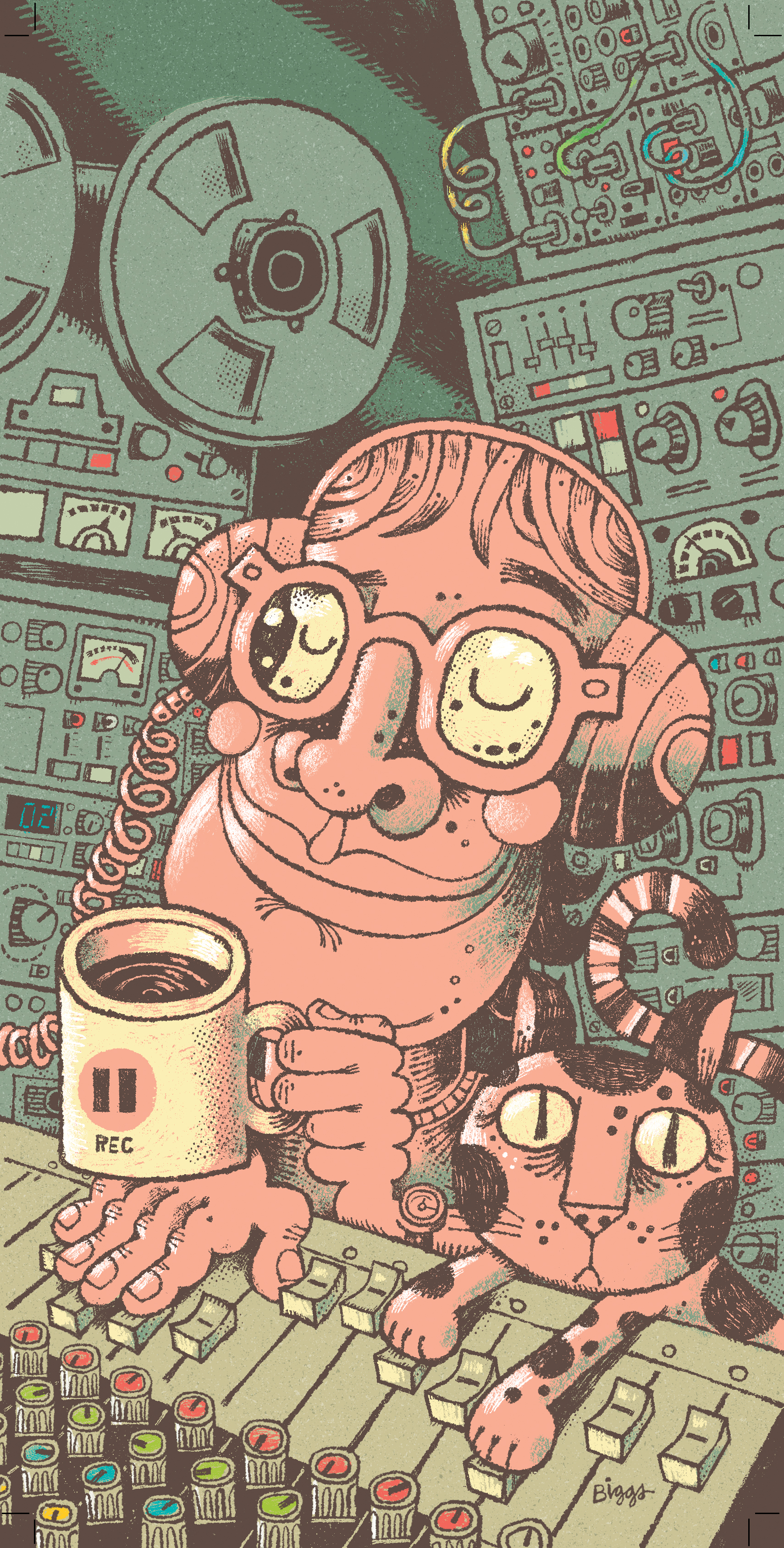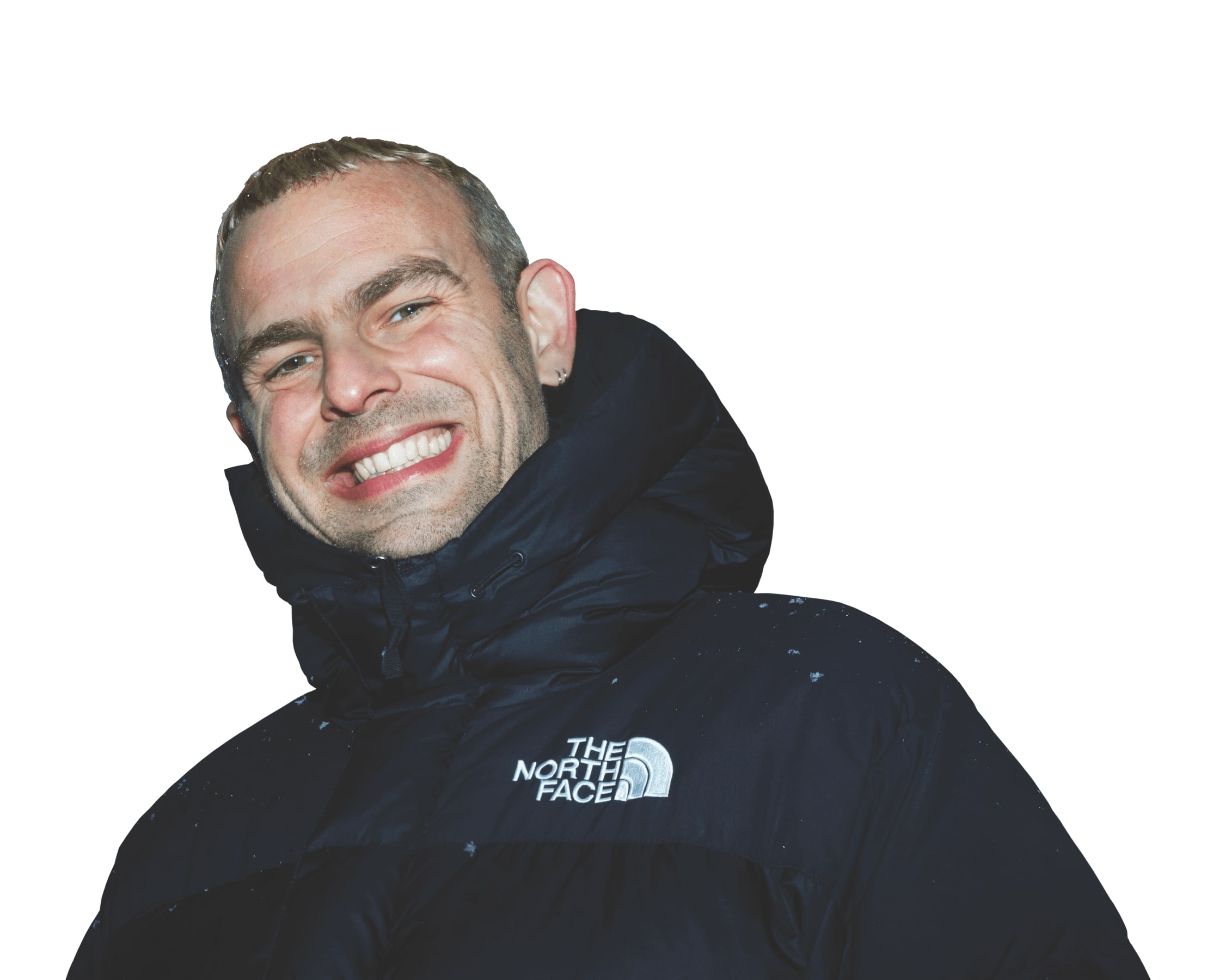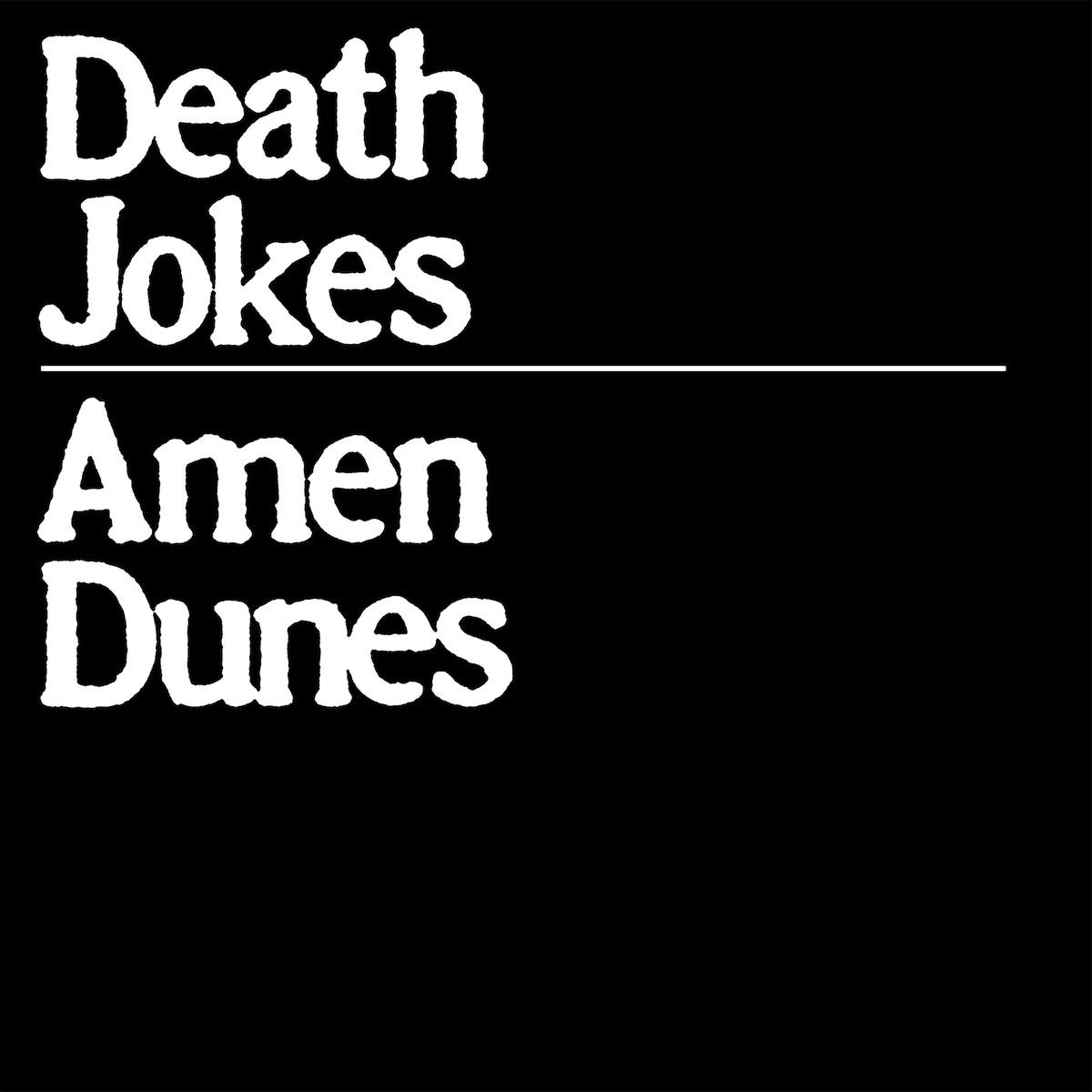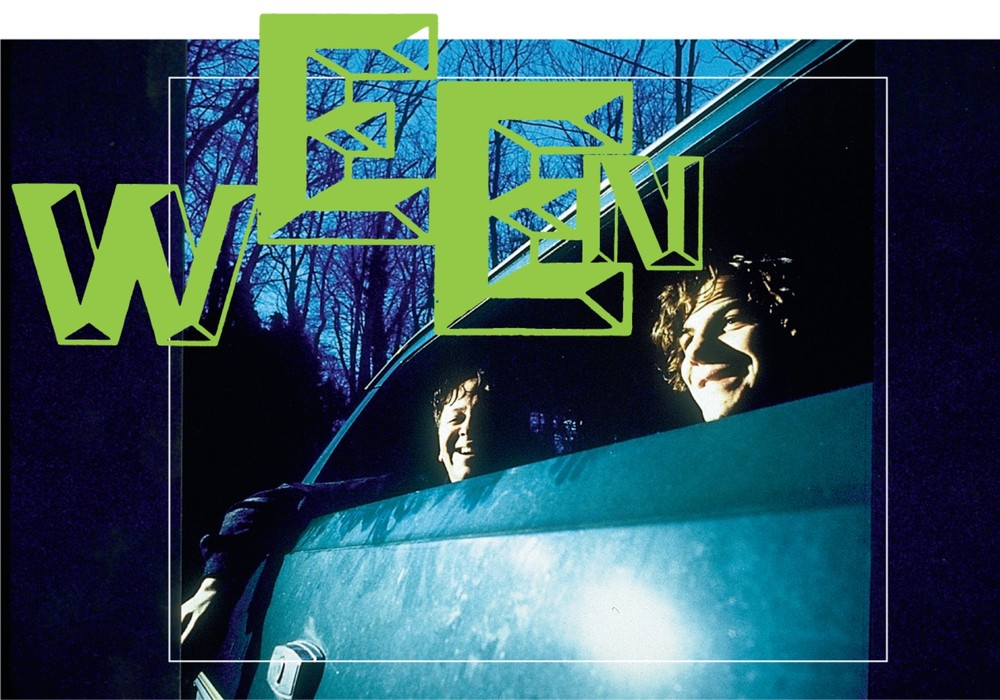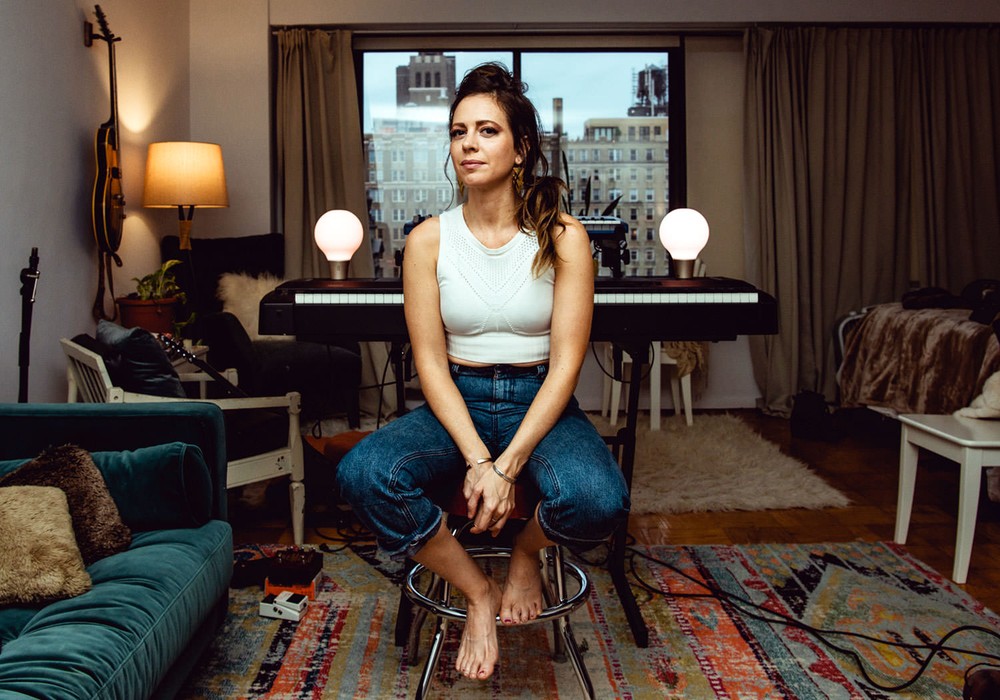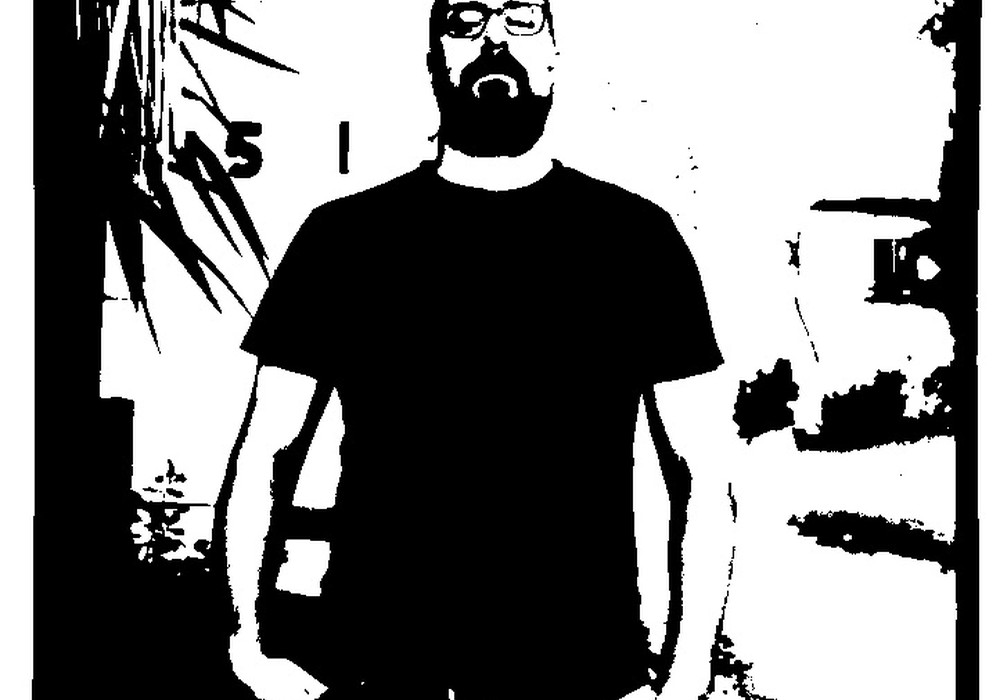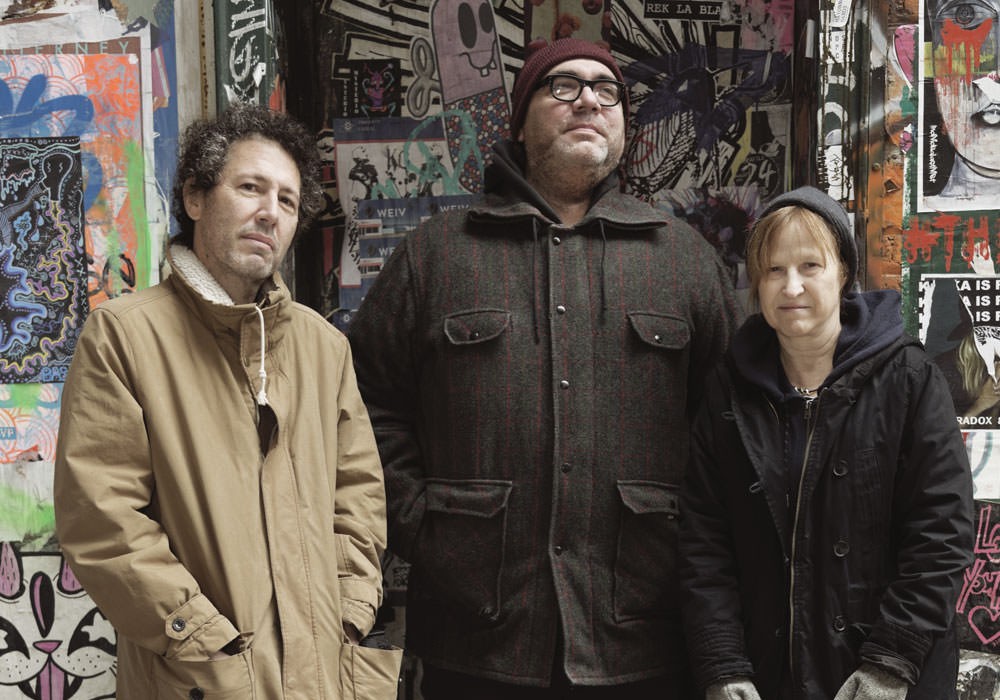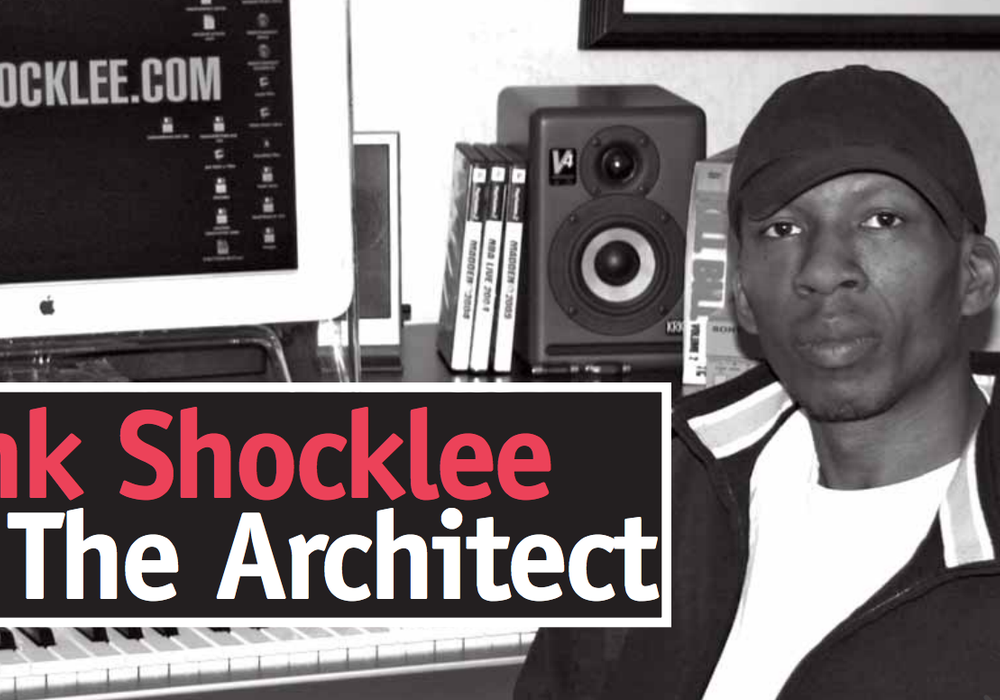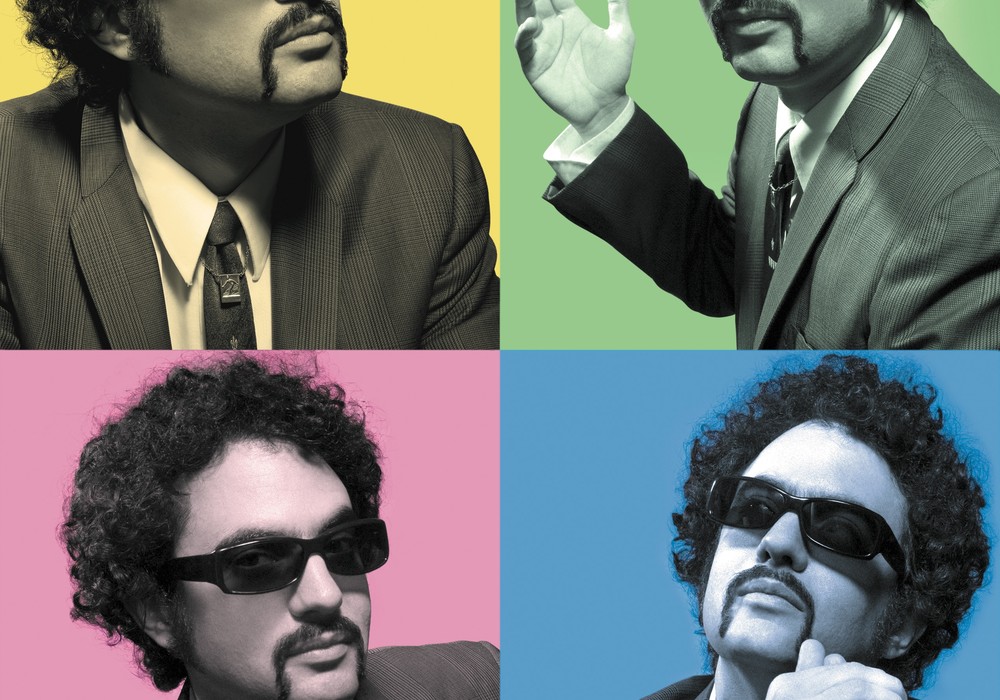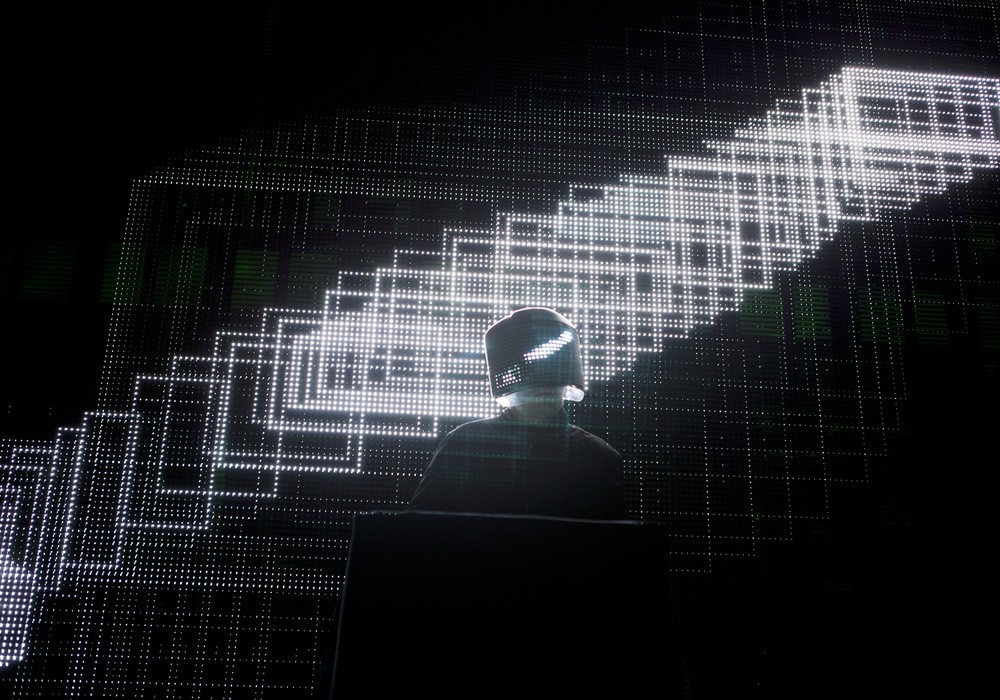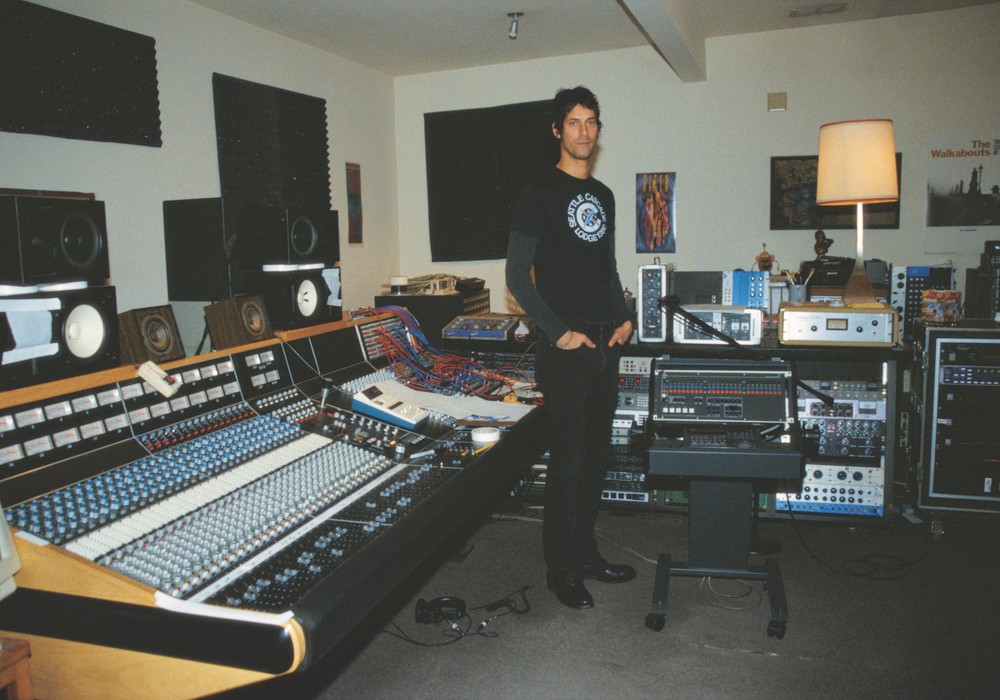In an industry where evolution is key to an artist's longevity, Damon McMahon, known as Amen Dunes, is redefining his musical journey by coming home. The self-described “luddite” – who cemented his place in the underground music scene through a series of releases on Locust Music and Sacred Bones Records, 2009 through 2018 – was actually weaned on raves and hip-hop in the suburbs of NYC. We spoke about the writing and recording process for his recent album, Death Jokes, which involved the courage to see a vision past some embedded legacy views and, surprisingly, a personal connection and comfort found working with the software Ableton Live at home.
How did you come to find the folk voice and style on 2018's Freedom?
I lived in total cultural isolation. I was a part of no scene. I was reading about music and going to one record store in New Haven, Connecticut, as well as going to raves with a good friend and watching Rap City on BET. But I also had a country/folk influence, as my grandmother was a country singer. And through a writing/research project with my high school that got me out traveling at a young age, I absorbed a lot about the history of blues.
What was the project?
I somehow convinced my school to give me credit to leave for a whole semester and do a trip through the [Mississippi] Delta and document all these landmarks of American roots music. I went from the Carolinas and Tennessee all the way down to Mississippi, Alabama, New Orleans, and back up.
You have frequent collaborators, including [drummer] Parker Kindred, the Roman musician Panoram [Raffaele Martirani], and producer Chris Coady [Tape Op #113]. But in the past, you just worked songs out on your own with a guitar, right? How was Death Jokes different?
Love and Freedom are the only albums I did with a band – just my two bandmates, Parker and Jordi Wheeler. At that point it was a different animal, almost like a jazz trio. Those records were done with carefully crafted songs, as well as rehearsing together for a fucking year. We are talking like Captain Beefheart level of rehearsing! Then we were recording at Electric Lady Studios, with Chris Coady producing. But the three albums before Love, and now Death Jokes, were done just by myself. I have some very talented musicians on Death Jokes – including jazz bassist Sam Wilkes, producer Christoffer Berg, and Kwake Bass [Giles Kwakeulati King-Ashong]. But I grew frustrated and tired when taking the Death Jokes material into large studios and, surprisingly, being told I had to follow certain rules. Producers, engineers, and musicians… I probably tried to work with 20 people who didn't work out over the course of two or three years. I would go to very well-known NYC studios, and they would basically scoff at this stuff. Some of these were very respected people in the production world. I do think it's apropos to tell Tape Op readers in 2024 that you do still have to fight for your own creativity, and leverage home recording, because of people being beholden to a DAW grid and this mentality of everyone needing to be like Ariana Grande or Grammy-nominated music.
I hope you didn’t bruise any egos!
No, it was the other way around! My feelings were hurt. I had people insult me in sessions multiple times. I'm serious… I worry about our world for creativity and experimentation.
So, in true Tape Op fashion, you went at it on your own?
I needed to make this record. I knew it sounded good to me. Certain drifts and tempo mapping would just always sound worse when someone else tried to mix. It was the pandemic, and I wasn’t in the best state, health-wise, but I started watching YouTube videos about Ableton [Live] and drum programming. I got a few choice pieces of gear, and I started just having fun. I have to know how to turn it on. And I have to know levels, approximately. But I would just see what sounded good. I'll tell you this; I fucking fell in love with Ableton Live. By the end of the year of working on this, I would turn on my Ableton, and I would get a warm feeling in my body, like a friend was coming up. It was like my partner, because I approached it naively. It allowed me to play with audio again. I had this concept that I wanted guitar to sound like machined Auto-Tune playing a Strokes song. I recorded the guitar, but I'd recorded each string of every chord on different tracks, with a different plug-in or equalization. Then I'd cut and paste different voicings of the chord throughout the session....
